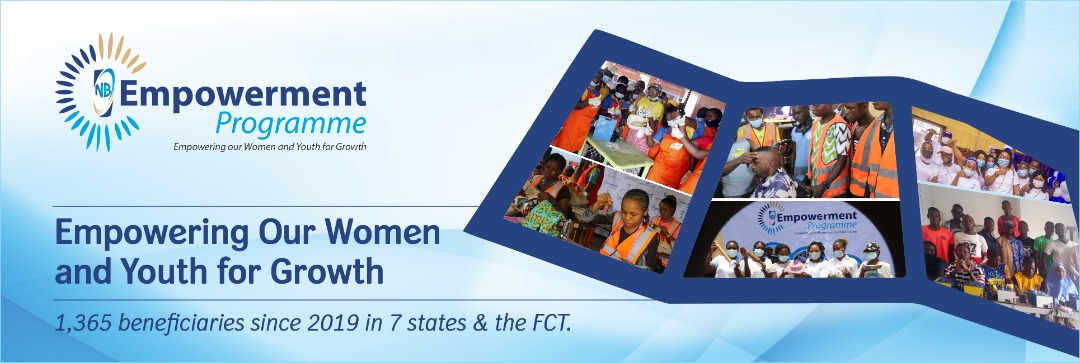By Idris Suleiman
After two years and a few months in charge as the registrar and chief executive officer (CEO) of the National Examination Council (NECO), Professor Dantani Ibrahim Wushishi can look back and take stock of his achievements.
Wushishi, a professor of science education, was appointed on July 12, 2021, by former President Muhammadu Buhari.
On assumption of office on July 26, he undertook a critical assessment of the activities of NECO and initiated policies that have brought about a positive turnaround of the council.
His first action was a tour of facilities to ascertain their availability and state of functionality.
He did not hide his disappointment at the state of decay and the complete absence of infrastructure in the headquarters and the 36 states of the federation and federal capital territory (FCT) offices. The registrar quickly swung into action to correct the anomaly.
The council’s headquarters in Minna, which hitherto was like a dungeon, is now a sight to behold at night, as it is now well-lit. The same facelift applies to the NECO warehouse and the information and communication technology (ICT) department.
This was also extended to the Niger state NECO office, in addition to a brand new 500 KVA transformer in both the ICT department and the state office to address their problem of lack of electricity which has been on since 2017.
Conscious of the fact that a conducive working environment is a veritable incentive that contributes in no small measure to the output of workers, Professor Wushishi recently approved the procurement of 2,705 chairs for use by staff.
This was in fulfilment of his promise to staff during an interface with them that their challenges had been noted.
The procurement of the chairs is the first phase of action in this direction.
In response to the realities of the 21st century where technology is key, the NECO boss has made provision for an internet facility at the headquarters. This provision, Professor Wushishi has assured, would soon be extended to all the state offices across the country. The ICT department, NECO staff School and Niger state office have also benefited from the provision of the internet facility.
Of course, for an organisation whose human component is within the threshold of several thousand, growth and expansion issues cannot be ignored if it must meet prevailing challenges and assuage interests.
The registrar understands this phenomenon accurately. To this end, in accord with the governing board, under the able leadership of Dr Abubakar Siddique, the six zonal offices of the council located in the north-east; north-west; north-central; south-east; south-south; and south-west hitherto headed by zonal coordinators have all been upgraded to directorates with a director appointed to superintend each of them.
This upgrade has given rise to an expansion in the system with each zone having four divisions headed by deputy and assistant directors.
This expansion has opened up the space for higher responsibilities and provided more hands to be part of the management process, making it more expansive and robust in scope.
The upgrade of the zonal offices to directorates has given birth to the change in the nomenclature of leadership at the state and FCT offices. Before now, addressed as state and FCT officers, the new nomenclature defines them as state and FCT coordinators. This is quite commendable.
As a comrade, Professor Wushishi understands very clearly the concept of welfare and what a robust welfare package means to the staff of any organisation. Again, in agreement with the governing board, the registrar got approval for two crucial welfare packages for the staff of the council, all within one year of his stewardship.
A retirement benefit package took effect from January 2022. In the same vein, and with effect from the same date, an insurance policy for all Staff took off. The benefits of both welfare packages are legion, considering the delays in accessing pension and gratuity upon retirement from service and the risks and hazards associated with NECO work.
Poised to make NECO a breakfast delight to most families, Professor Wushishi undertook advocacy visits to the government and people of Ebonyi, Cross River and Borno states.
In Ebonyi and Cross River states, the registrar sought and got approval from the Governors of the States for NECO-conducted examinations to be made compulsory in all public schools while a similar response is being awaited from Borno state. These advocacy visits which are ongoing, when completed, would no doubt reposition the council as the foremost examination body in the Country.
The erudite scholar is determined to tackle the challenges as they unfold, even as he has demonstrated sagacity and resilience not to be deterred by the enormity of the task ahead of him.
Under the able leadership of Professor Wushishi, the Council has also achieved the following; successful conduct and timely release of 2021 and 2022 SSCE Internal results and successful conduct and timely release of 2021 SSCE for External candidates.
He also successfully pursued and secured an intervention fund from the federal government to settle examiners, supervisors and other ad-hoc staff who participated in the 2021 SSCE Internal examination.
Professor Wushishi has within the last two years achieved a lot at NECO and is poised to do more with the support of the management team and members of staff.

















